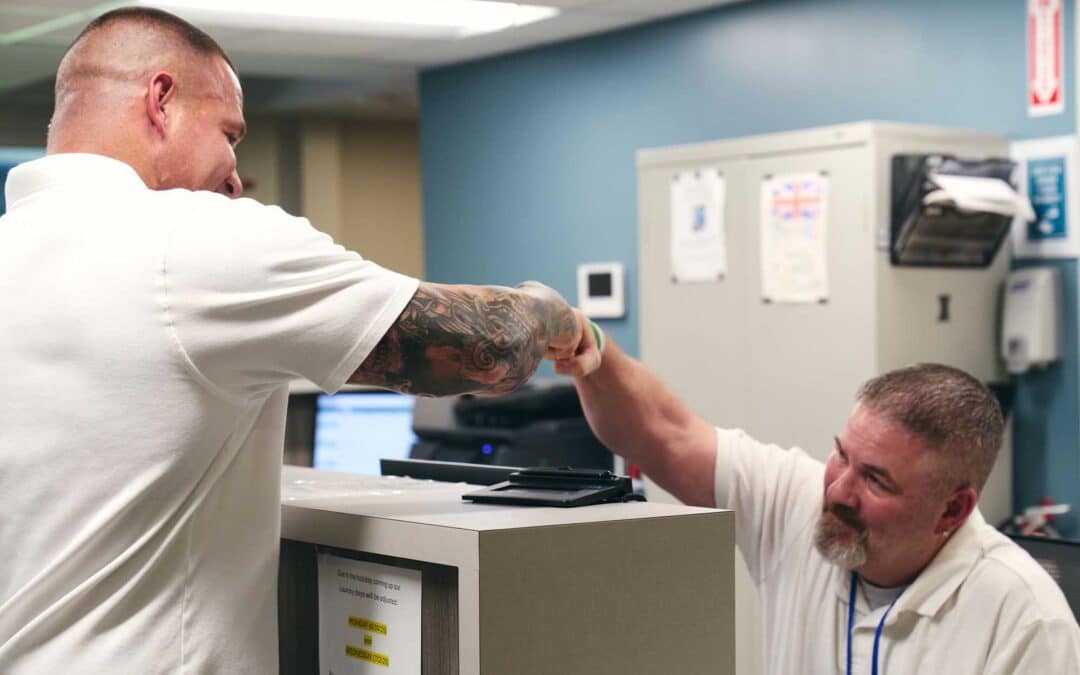Going through withdrawal can be difficult and uncomfortable. As a result, many people who are interested in quitting drugs or alcohol choose to enter an addiction treatment program or rehab. In a detox or treatment center, clients are monitored by medical and therapeutic staff to make sure they are tolerating the drug withdrawal process well. For someone who is thinking of attending a rehab or detox program, it can help to learn some of the facts about detox. Then, they have a better idea of what to expect.
What Are the Symptoms of the Body Detoxing?
The experience of withdrawal is different for everyone. People use certain drugs or combinations of drugs, which all have unique symptoms. How detox goes for an individual depends on what substances they have been using. In addition, how much of the drug they have been using, how long they have been using it, and their general health can all affect withdrawal.
Some of the more commonly experienced symptoms of detoxing are:
- Nausea, vomiting, and diarrhea
- Anxiety, depression, and other psychiatric symptoms
- Tremors, convulsions, or even seizures
- Intense feelings of drug or alcohol craving
- Fever, chills, and sweating
- Difficulty sleeping
- Irritability or angry outbursts
- Lack of focus or inability to pay attention to tasks
How Can a Rehab or Detox Center Help?
Studies show that people who go through detox and complete drug or alcohol treatment program have a better chance of maintaining sobriety. They also have a much better chance of staying employed, staying healthy, and having a stable living situation than those who try to quit on their own. Dealing with detox symptoms can be tough, and having the support of professionals and peers can make a tremendous difference. Also, detox and rehab centers can help clients maintain a continuum of care. As a result, clients will transition into each new phase of treatment, ensuring that they have support at all stages of recovery.
What Kinds of Treatments Will Be Offered in Rehab?
There is no one approach to addiction treatment that will work for everyone. As a result, a rehab program will make sure that each client has a course of treatment that is specifically tailored to their individual needs.
Some types of treatments that might be offered in rehab programs are:
- Behavioral therapy — Therapies such as cognitive-behavioral therapy or dialectical behavior therapy help target unhelpful or negative thought patterns. They also help clients learn to replace them with new, healthier thought patterns.
- Group therapy or peer groups — Interaction with peers can help reduce the isolation that people struggling with addiction often feel. Groups also help by offering support that comes from a first-hand understanding of what others might be going through.
- Alternative therapies — These therapeutic activities can help clients heal from some of the trauma of living with addiction. Some types of alternative therapies include music, art, nature, or dance therapy.
- Wellness treatments: Some rehab centers offer treatments like yoga, massage, meditation, and other services that promote self-care and wellness.
Seek Support at Liberty Health Services
If you or a loved one are struggling with addiction, reach out to a rehab or detox center near you. If you are near Nashua, New Hampshire, we at Liberty Health Services welcome you to contact us at 855.959.4521. Located in Derry, New Hampshire, our facility is located on a beautiful wooded property that combines luxury with a sharp focus on recovery. You or your loved one will rest in comfort, safe, and able to put all of your attention on healing and recovery. Contact our caring and professional staff today at 855.959.4521 and learn how we can help.


